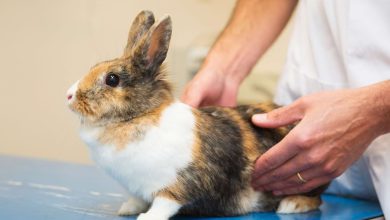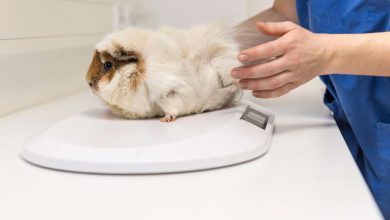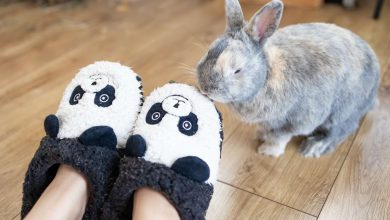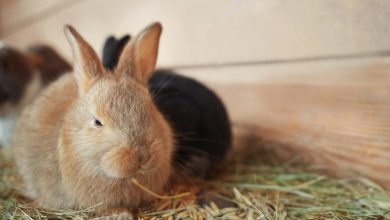How to Potty Train a Corgi: 10 Expert Tips
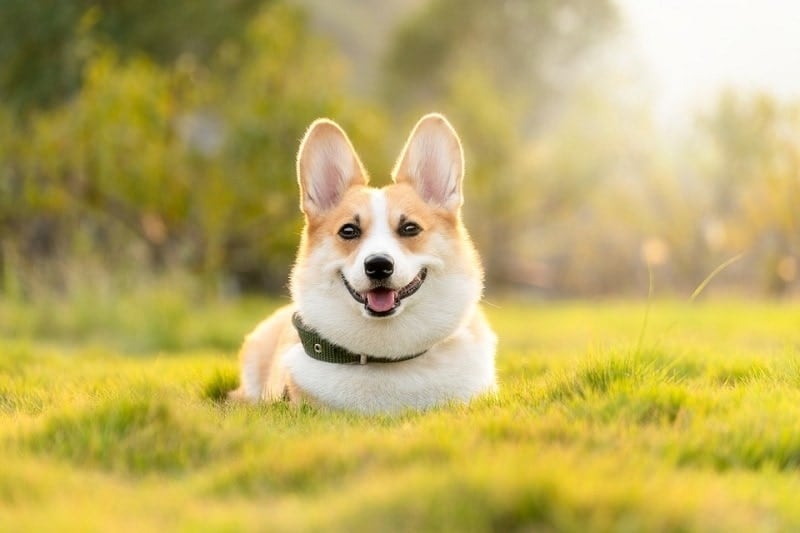
If you have been thinking about adopting a Corgi, you will want to know how to potty train them. It is always important to potty train your puppy to avoid unwanted accidents, and the sooner you start, the better. Corgi puppies are extremely intelligent. They’re very clean, and they genuinely want to do what you want, but the training process will require some patience.
There are ways to maintain a positive relationship with your puppy while having fewer accidents around the house. In this article, we share some tricks to help the process go as smoothly as possible.
How Long Does Potty Training Take?
When it comes to potty training your corgi, many factors must be considered, including age, learning history, and your methods and consistency. Developmentally, an 8-week-old puppy is very different from a 5-month-old puppy, and a bright pup may take a few days to train, while others can take months, especially if the dog has been in a bad situation prior to coming to you. Most dogs, however, can be potty trained with patience and perseverance.
Generally, a new puppy can be fully potty trained in 4–6 months, while some can take as long as a year.
The 10 Tips to Potty Train a Corgi
1. Watch Your Dog Closely and Create a Schedule
Invest some time into learning your dog’s body language. You will eventually learn the signs that mean it’s time for potty. It could be walking in circles or sniffing around, but when you learn the indicators, immediately take your puppy outside before an unwanted accident happens.

2. Keep a Consistent Feeding Schedule
Feeding your corgi on a schedule is one of the easiest elements of potty training. The digestive system of a dog runs like a well-oiled machine. They’ll need to go within a certain time frame, and a regular feeding schedule teaches them that they can expect potty time after they eat. They will eventually learn to hold it and wait until they are let outside.
Feed your puppy high-quality food, two meals per day, and feed them the same meal at the same time.
3. Show Your Puppy Where to Go
As a guardian of your puppy, it is your responsibility to show and teach it where it can and cannot go. It is in dogs’ nature not to do their business where they live and sleep, but recognizing the entire house as their home may take some time. Once you have mastered controlling and monitoring your puppy’s environment, potty training will be more successful.
Get your corgi familiar with its living space room by room. You do this by gradually allowing your corgi access to the rest of the house while closely monitoring them and preventing them from going if they try.

4. Crate Train Your Corgi
Dogs don’t like doing their business in small, tight areas, so putting your corgi in a comfortable crate will reduce the likelihood of any accidents. Crate training is a great option for owners who aren’t around all the time and are worried about their pup ruining the carpets.
Make sure the crate only has enough space for your puppy to stand up, turn around, and lie down comfortably. Any additional space will allow it to rest in one corner while doing its business in another. Avoid leaving your dog in his crate for more than 2 or 3 hours. It should not be used for punishment but for bedtime, nap time, and when there is no guardian around.
5. Use Positive Reinforcement
The key to successful potty training is positive reinforcement. It will teach your puppy that going outside for bathroom breaks is rewarded and will associate it with a positive result. Every time your puppy does its business outdoors, praise it, then hand over its favorite treat.
If your corgi has an accident inside, do not punish it.

6. Stay Outside Long Enough
When you take your puppy outside, you need to wait long enough for it to let everything out. Some dogs hold their urine in order to mark their territory. You need to stay out long enough for your puppy to wee two or three times so that they learn it is their one chance.
Always keep your puppy on a leash when you go outside for a potty break. This will help them become accustomed to being on a leash, and you will also be present to reward good behavior.
7. Avoid Using Training Pads
Allowing a puppy to relieve itself on potty pads inside the house may confuse it about where it is permitted to go. This is because dogs develop a preference for the texture that they encounter the most frequently while relieving themselves. Training pads can slow down potty training and should be avoided unless you have a specific situation, like living on the top floor of an apartment building.

8. Teach Your Corgi Basic Commands
Start training your corgis early with basic commands. Sit, stay, and heel are the popular ones. You can incorporate words into your training to associate them with a bathroom break.
Every time you go outside with your corgi to do its business, say the words you want to associate. When your pup becomes an adult, you can give the command, and they will head to the door in anticipation of their bathroom break.
9. Persistence Is Key
When potty training your corgi, you will need to go outside frequently, and there will be accidents. Don’t give up, and try to stay consistent. Corgis are intelligent animals, and with consistency, persistence, and positive reinforcement, your puppy will quickly catch on. The work in the early days will be worth it.
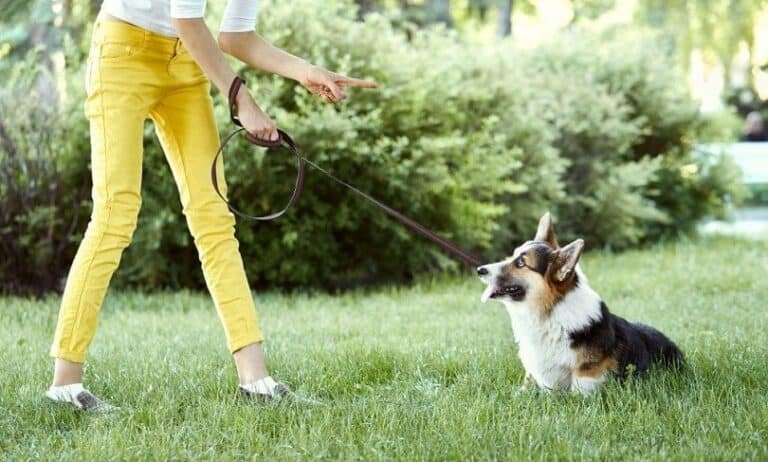
10. Install a Bell Door
Corgis are intelligent dogs that can learn to signal you when they need to go outside. If you install a doorbell, they can quickly learn that ringing the bell will cause you to open the door. You can train them to ring the bell before you leave by rewarding them with treats.
Final Thoughts
Potty training can initially seem challenging, but the patience and hard work are worth it. Corgis are smart, so they should catch on quickly, but that doesn’t mean you can let your guard down. Stick to feeding and bathroom schedules, take time to learn your puppy’s signals, and be patient, and your dog will be house-trained in no time.
Featured Image Courtesy: Shutterstock
